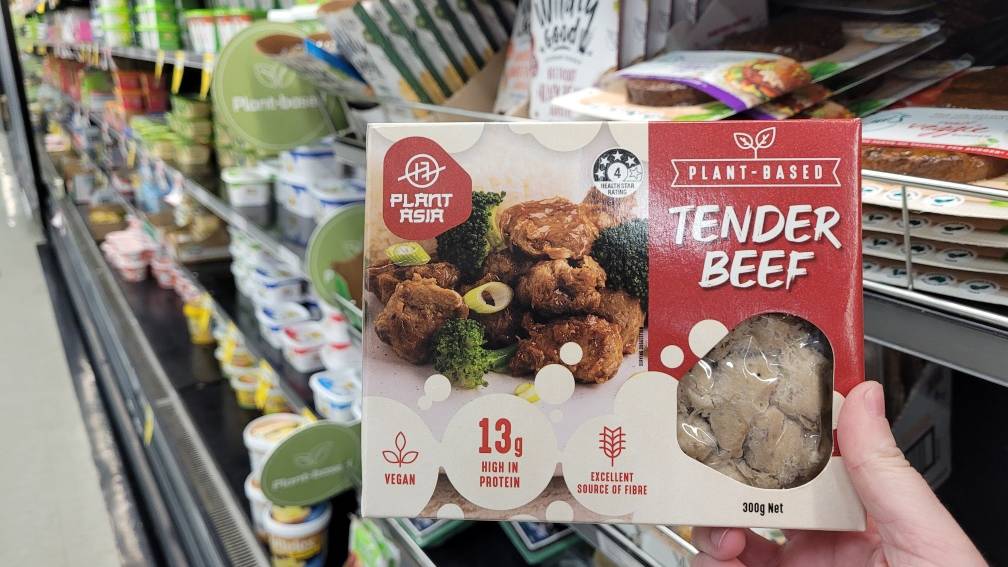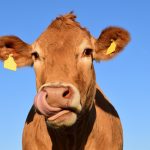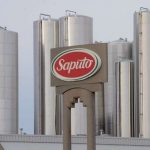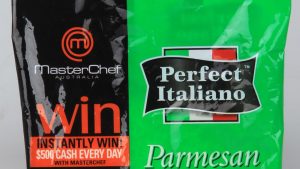
A change in legislation to clarify how food products are labelled in Australia was long overdue, a submission from Dairy Connect to the senate inquiry into food labelling argues.
Iconic terms like milk and steak have already been safeguarded in Europe, Dairy Connect chief executive officer Shaughn Morgan said.
The United States had also introduced legislation to protect the right of dairy to have exclusive use of the terms milk, cheese, cream and yoghurt.
Passionate submissions have been received from all corners of the debate.
Perth vegan Andrew Benskin believes terms like meat and beef can be thought of as descriptors.
“They help to describe the texture and flavour of products. Moreover, they encourage consumers to try sustainable alternatives to the animal products they are familiar with,” he said.
“If we are looking at having more accurate descriptions for products, then I would argue it is actually the animal product names that need to change. For example, instead of beef, would it not be more accurate to call it cow’s flesh?
“If we are calling things what they are we should be saying slaughterhouses, not processing plants.”
Mr Benskin said using livestock images for plant-based products was useful ‘as it encourages consumers to try something new, based on what they are familiar with.’
Victorian farmer David Allen, whose family have been cattle and wool producers for more than a hundred years, says it beggars belief that labels do not describe exactly what the product is.
“Producing food for people is a very noble endeavour,” he said.
“I am proud of the product we produce and how it is marketed. Misleading consumers by using inaccurate and deceptive language and imagery is damaging for the reputation of Australian beef and our role as beef producers.”
Agricultural consultant Simon Winter pointed out the term meat already was clearly defined in legislation.
His submission said the Australia New Zealand Food Standards Code states meat product means a food containing no less than 300g/kg of meat and meat means any part of a slaughtered animal for human consumption.
He implored the inquiry to let common sense prevail.
The Australian Government needed to act now, not years into the future, Mr Morgan said.
Dairy Connect’s submission referred to ‘the impairment of the Australian meat category brand investment from the appropriation of product labelling by manufactured plant-based or synthetic protein brands’.
It said, like dairy, terms such as beef were largely known for their health advantages and essentiality within a balanced diet and mislabelling synthetic protein products as such was, in its most simplistic terms, misleading.
The inquiry was launched by Queensland Senator Susan McDonald, who argues it is up to makers of plant-based products to come up with their own distinct terms instead of trading off long-established names of animal proteins.
The story Dairy weighs in on bid to curtail fake meat labels first appeared on Farm Online.

























